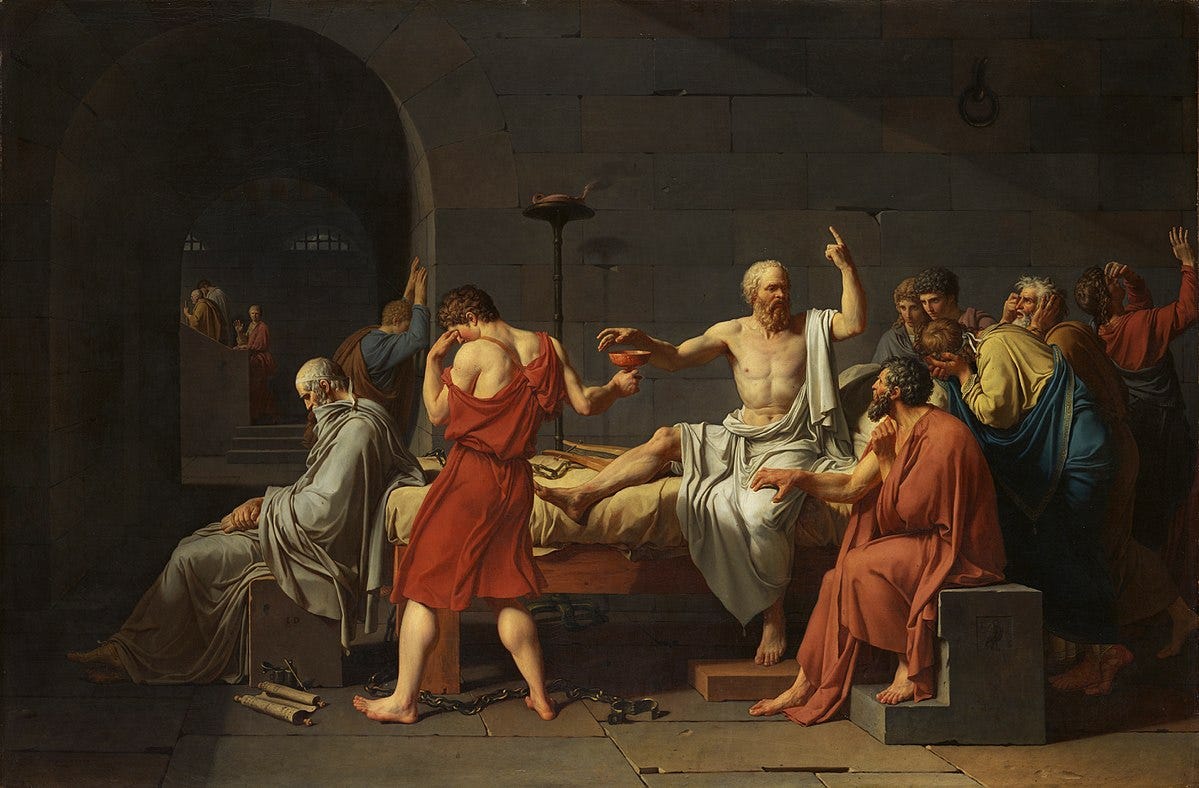
“What can you say about a twenty-five-year-old girl who died? That she was beautiful. And Brilliant. That she loved Mozart and Bach. And the Beatles. And me.” — Erich Segal, 1970
Death is always with us.
Okay, I realize this is a morbid topic (literally!). And you might be wondering why in heaven (see what I did there?) I’m bringing it up, given that I normally talk with you about leadership, communications, and marketing.
Stay with me.
Some of the leadership topics I cover include emotional intelligence, self-awareness, and integrity.
And part of dealing with death is simply acknowledging that it’s something that every single one of us will face. Aside from birth, it’s the only thing common to the entire human race.
The Stoics are big fans of staying aware of death. They even have a phrase for it: memento mori (Latin for “remember that you must die”). And they advocate for keeping some physical object …
Keep reading with a 7-day free trial
Subscribe to Timeless & Timely to keep reading this post and get 7 days of free access to the full post archives.




